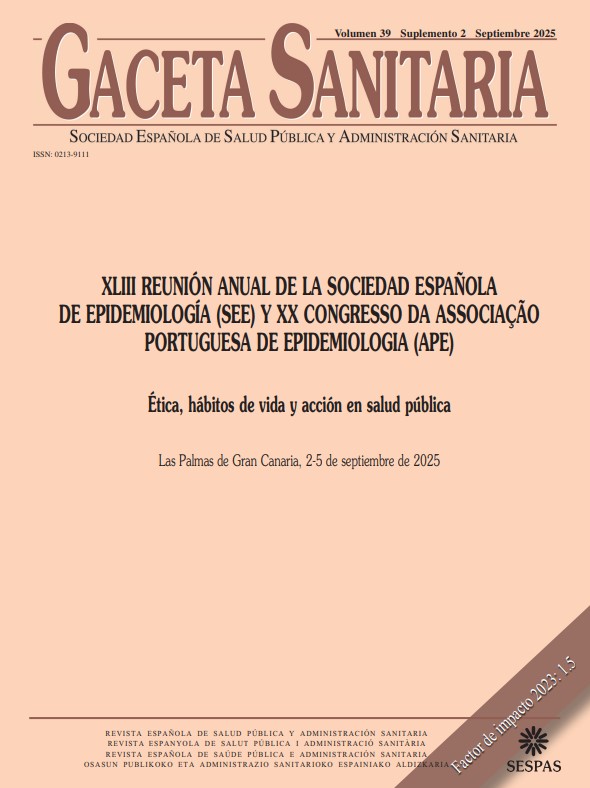116 - DECENTRALIZED CONSULTATION FOR INFECTIOUS DISEASES WITH MIGRANT POPULATIONS
Ares do Pinhal; National School of Public Health, NOVA University of Lisbon.
Background/Objectives: According to the World Health Organization (WHO) Global Hepatitis Report, around 50 million people were living with hepatitis C in 2022. Only 36% with chronic HCV infection were diagnosed, and just 20% received curative treatment that year. This disease predominantly affects low-resource countries. In high-income countries, the viral hepatitis epidemiology is often driven by migratory movements from regions of high endemicity. Recently, Portugal have experienced unprecedented migratory flows. Limited access to adequate sanitary conditions and healthcare increases the vulnerability of these populations. The main objectives of the study are to assess the prevalence of HCV infection among Asian migrants using the NGO services, evaluate access to diagnosis and treatment, identifying barriers to care, examine the role of decentralized consultations in improving healthcare access and treatment adherence, and support inclusive public health policies by highlighting the needs of vulnerable migrant populations.
Methods: Sociodemographic and infectious disease data were collected on people who use drugs (PWUD), in the decentralized consultation. A collaboration between a public hospital and a non-governmental organization (NGO) in Lisbon-Portugal. All participants provided a signed informed consent form.
Results: From the Asian migrants (n = 178, 24%) that are current users at the NGO, 112 (63%) were from India, 60 (33%) from Nepal, 4 (2%) from Iran, 3 (1%) from Pakistan, and 2 (1%) from Iraq, averaging 32 years of age, all males. HCV seroprevalence and RNA positivity were assessed among the screened individuals. Fifty-two (30%) of the 178 migrants tested positive for anti-HCV antibodies (AcVHC). Among them, 36 (70%) had detectable HCV RNA: 19 (53%) completed treatment, 9 (25%) discontinued follow-up, 3 (8%) waiting for blood collection, 4 (11%) did not have a National Health System (SNS) number, and 1 (3%) is pending treatment initiation.
Conclusions/Recommendations: The study highlights the high burden of HCV infection among the screened migrant population, emphasizing the need to sustain and expand targeted interventions to improve healthcare access and treatment adherence. Decentralized consultations allow users accessing services at AP to undergo screening, diagnosis, and initiate treatment without resorting to traditional healthcare facilities. These findings underscore the importance of inclusive public health policies aimed at HCV elimination among vulnerable populations.















